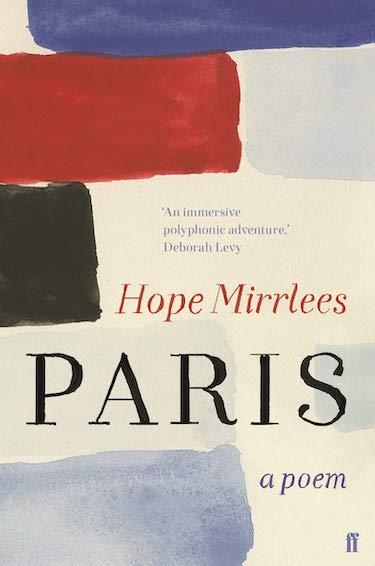
Simon Winchester's The Professor and the Madman (HarperCollins) is subtitled "A Tale of Murder, Insanity, and the Making of the Oxford English Dictionary," and is a thrilling, chilling yarn about language and a history of lexicography. Its bumptious journalistic style is irritating at times, but is made up for by fascinating details of the monumental forty-year endeavour sponsored by Oxford University Press to divert any curmudgeonly word-lover from gastric malaise. The narrative focusses on Dr. James Murray, the righteous, Scottishly sane senior editor, and on W.C. Minor, a sex-crazed, schizophrenic American medical doctor, who psycho-kills an innocent London bystander and then—from cozy book-lined asylum rooms—becomes the preeminent volunteer contributor to the OED project. A professional correspondence of many years leads to Murray' s unsettling discovery that his prize collaborator is Broadmoor Special Hospital's prime lunatic, and a beautiful friendship is begun. The two men are portrayed as opposites, so their union in the epic undertaking is all the more intriguing. Yet the central mystery in this quasi-metaphysical detective story remains unresolved: no light is shed on the nature of the men's unique relationship. Where, I wondered, is the matrix of language and madness, the joy and wonder of words, that could compel such opposites to come together on common creative ground?








